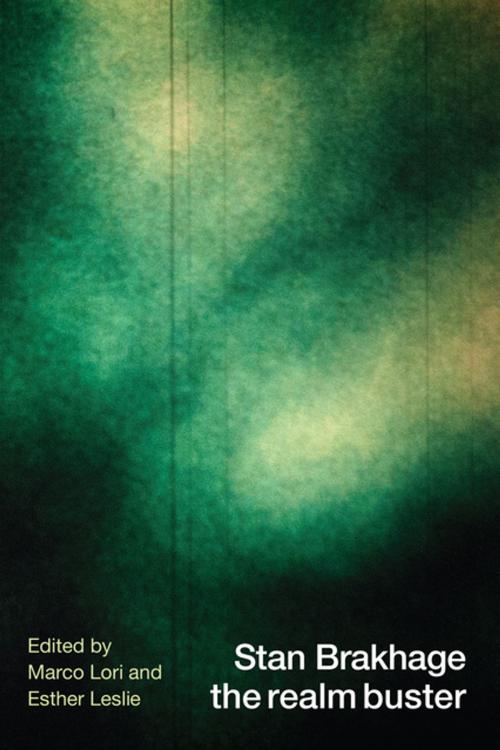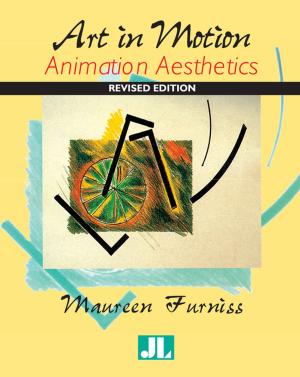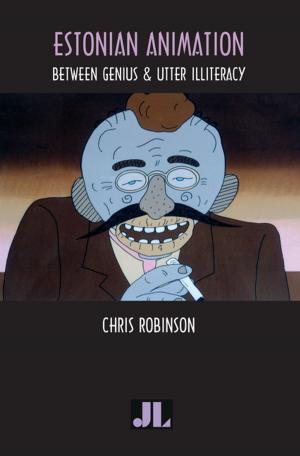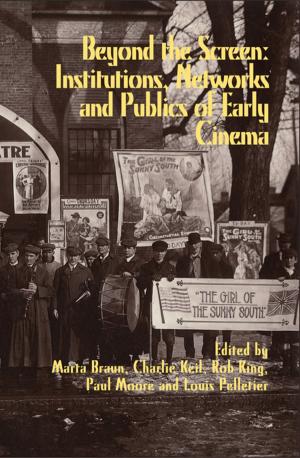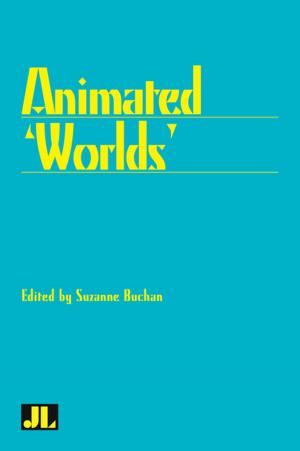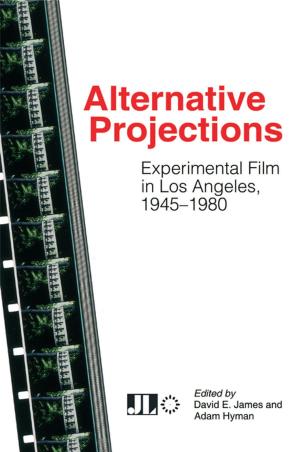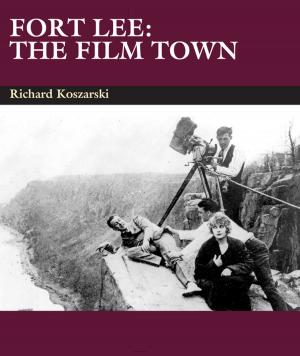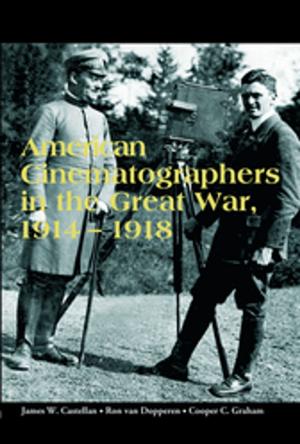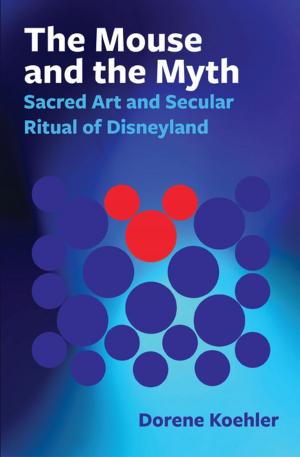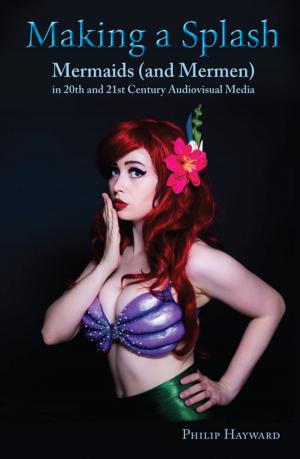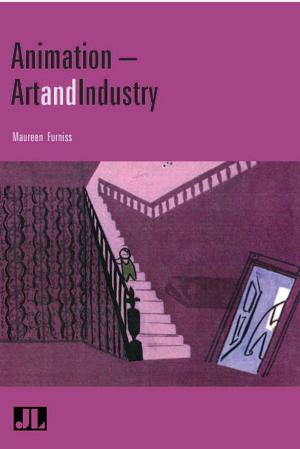Stan Brakhage the realm buster
Nonfiction, Entertainment, Film, History & Criticism, Performing Arts| Author: | ISBN: | 9780861969463 | |
| Publisher: | John Libbey Publishing | Publication: | June 6, 2017 |
| Imprint: | John Libbey Publishing | Language: | English |
| Author: | |
| ISBN: | 9780861969463 |
| Publisher: | John Libbey Publishing |
| Publication: | June 6, 2017 |
| Imprint: | John Libbey Publishing |
| Language: | English |
Stan Brakhage’s body of work counts as one of the most important within post-war avant-garde cinema, and yet it has rarely been given the attention it deserves. Over the years, though, diverse and original reflections have developed, distancing his figure little by little from critical categories. This collection of newly commissioned essays, plus some important reprinted work, queries some of the consensus on Brakhage’s films. In particular, many of these essays revolve around the controversial issues of representation and perception.
This project sets out from the assumption that Brakhage’s art is articulated primarily through opposing tensions, which donate his figure and films an extraordinary depth, even as they evince fleetingness, elusivity and paradoxicality. This collection aims not only to clarify aspects of Brakhage’s art, but also to show how his work is involved in a constant mediation between antinomies and opposites. At the same time, his art presents a multifaceted object endlessly posing new questions to the viewer, for which no point of entry or perspective is preferred in respect to the others. Acknowledging this, this volume hopes that the experience of his films will be revitalised.
Featuring topics as diverse as the technical and semantic ambiguity of blacks, the fissures in mimetic representation of the ‘it’ within the ‘itself’ of an image, the film-maker as practical psychologist through cognitive theories, the critique of ocularcentrism by mingling sight with other senses such as touch, films that can actually philosophise in a Wittgensteinian way, political guilt and collusion in aesthetic forms, a disjunctive, reflexive, and phenomenological temporality realising Deleuze’s image-time, and the echoes of Ezra Pound and pneumophantasmology in the quest of art as spiritual revelation; this book addresses not only scholars, but also is a thorough and thought-provoking introduction for the uninitiated.
Contributors include:
Stan Brakhage’s body of work counts as one of the most important within post-war avant-garde cinema, and yet it has rarely been given the attention it deserves. Over the years, though, diverse and original reflections have developed, distancing his figure little by little from critical categories. This collection of newly commissioned essays, plus some important reprinted work, queries some of the consensus on Brakhage’s films. In particular, many of these essays revolve around the controversial issues of representation and perception.
This project sets out from the assumption that Brakhage’s art is articulated primarily through opposing tensions, which donate his figure and films an extraordinary depth, even as they evince fleetingness, elusivity and paradoxicality. This collection aims not only to clarify aspects of Brakhage’s art, but also to show how his work is involved in a constant mediation between antinomies and opposites. At the same time, his art presents a multifaceted object endlessly posing new questions to the viewer, for which no point of entry or perspective is preferred in respect to the others. Acknowledging this, this volume hopes that the experience of his films will be revitalised.
Featuring topics as diverse as the technical and semantic ambiguity of blacks, the fissures in mimetic representation of the ‘it’ within the ‘itself’ of an image, the film-maker as practical psychologist through cognitive theories, the critique of ocularcentrism by mingling sight with other senses such as touch, films that can actually philosophise in a Wittgensteinian way, political guilt and collusion in aesthetic forms, a disjunctive, reflexive, and phenomenological temporality realising Deleuze’s image-time, and the echoes of Ezra Pound and pneumophantasmology in the quest of art as spiritual revelation; this book addresses not only scholars, but also is a thorough and thought-provoking introduction for the uninitiated.
Contributors include:
